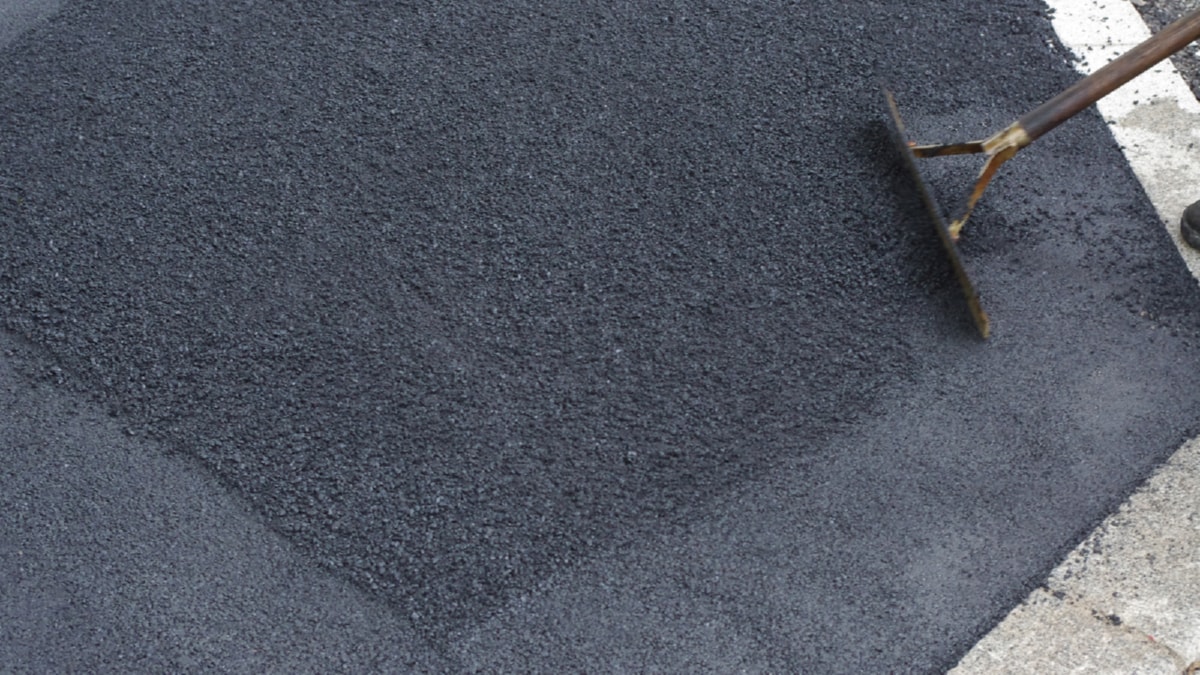As we step into 2022, the building industry is evolving at an unprecedented rate. This article will explore some of the latest trends and innovations expected to shape the sector.
One of the most significant developments is the increased adoption of Digital Twin technology. This technology enables construction professionals to create detailed digital representations of physical buildings before they’re built. Digital Twin technology assists in improving collaboration, thus leading to more efficient construction processes and fewer errors.
Another noteworthy trend is the growing use of green construction practices. As concerns about environmental conservation escalate, more constructors are embracing energy-efficient designs. This green building trend not only helps to reduce waste, but it also reduces operating costs.
The use of AI in construction is also on the rise. Robots are being utilized for tasks such as bricklaying, concrete pouring, and even demolition. This not only accelerates the construction process but also improves worker safety by reducing the risk of accidents and injuries. Furthermore, AI is being incorporated into various construction processes, from management to execution.
Additionally, the construction sector is increasingly adopting prefabrication. This method involves the assembly of building components in a factory setting before transporting them to the construction site for installation. Modular construction offers several benefits, including faster construction times, making it an attractive option for many builders.
In line with this, we’re also witnessing the rise of automated buildings. These structures are integrated with advanced technologies like machine learning to automate various functions, from heating to security. The result is increased comfort and reduced operating costs.
Moreover, the use of drones in construction is becoming more commonplace. These devices provide accurate aerial surveys, help in tracking progress, and can identify potential issues before they become significant problems.
Finally, the adoption of virtual reality (VR) in construction is set to increase. These technologies provide immersive visualizations of construction projects, facilitating better design understanding, improving communication, and assisting in planning.
In conclusion, this year promises to be an exciting year for the building industry, with several developments set to redefine the way we build. From Digital Twin technology and eco-friendly construction to automation, prefabrication and smart buildings, the future of construction looks exciting.
For more details, check best Insulation Services in Southeast Ireland or visit their Insulation Services Southeast Ireland business listing here.




